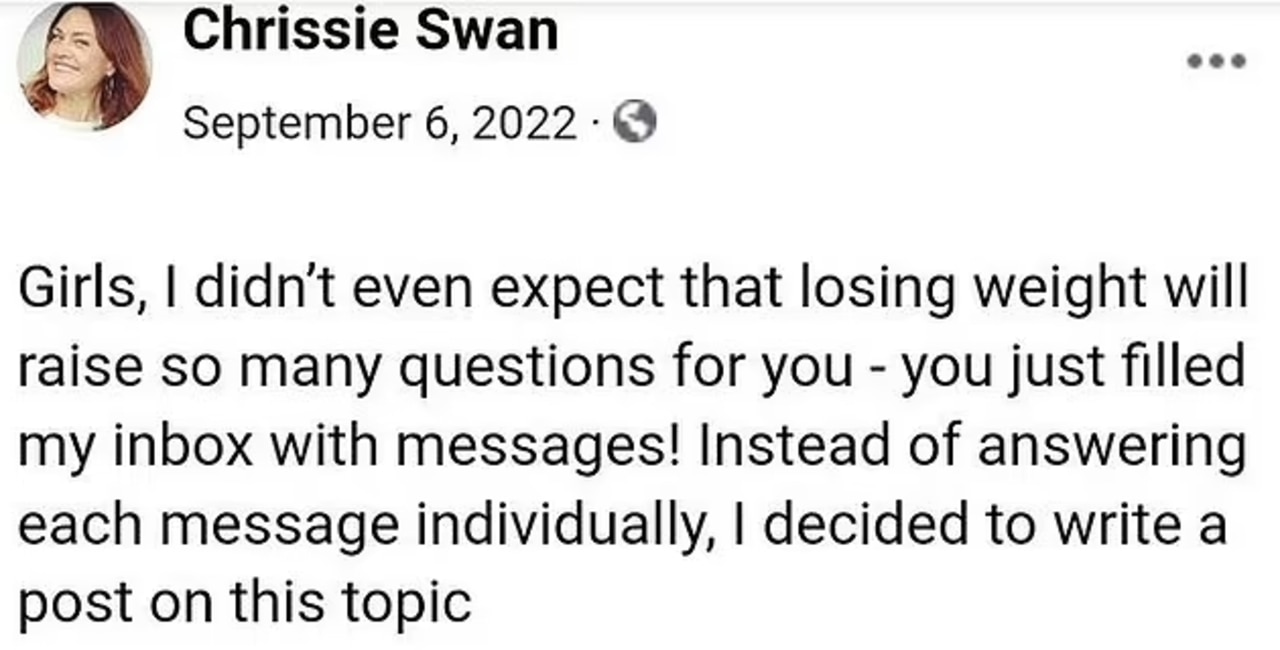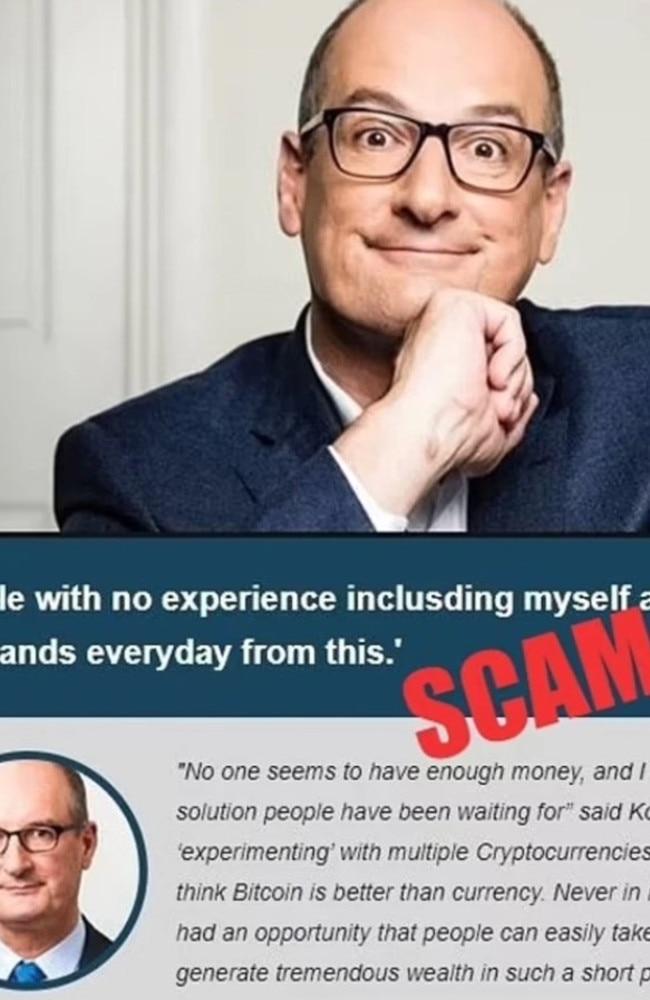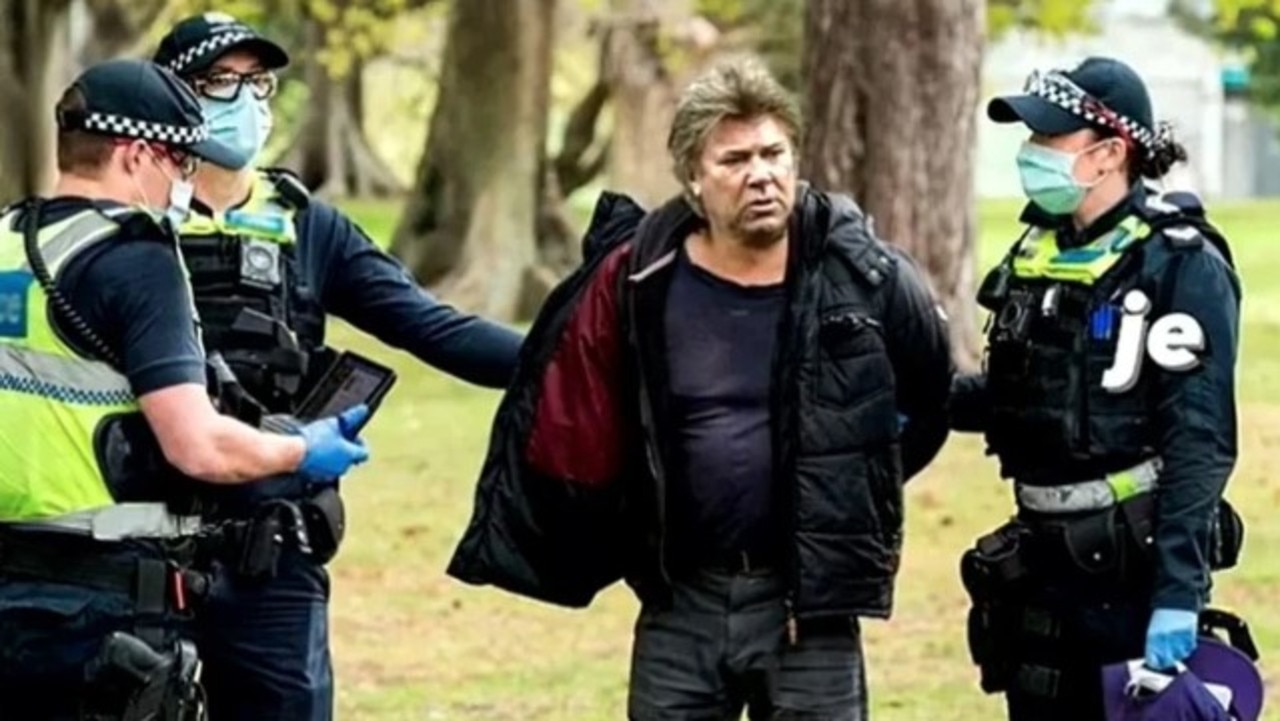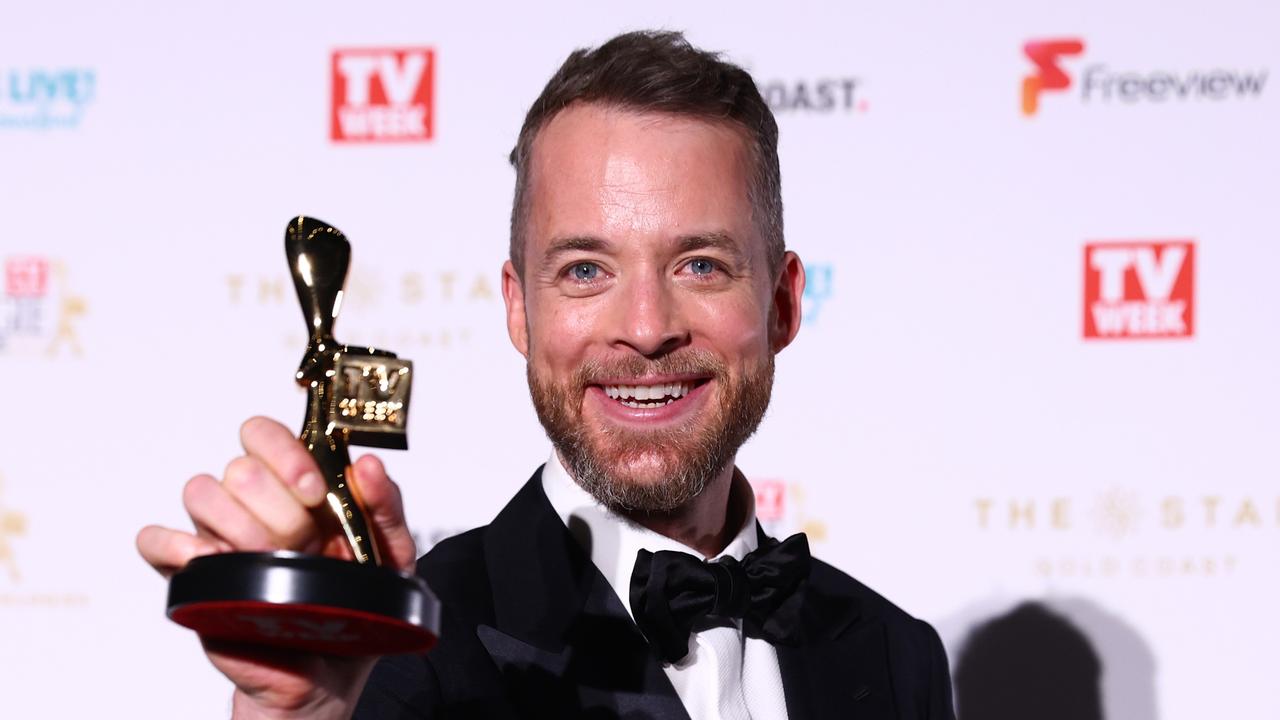A ‘scary’ Instagram video of Aussie star Hamish Blake has sparked urgent warnings
A “scary” video of Aussie star Hamish Blake doing the rounds on Instagram as an ad has prompted a warning from the comedian himself.

Beloved personality Hamish Blake has been caught up in a “scary” artificial intelligence-generated deepfake video scam.
An advertisement running on Instagram features a somewhat convincing video of the comedian and broadcaster appearing to promote weight loss gummies.
“Two months ago, I saw an advertisement for gummies and the website claimed that with the help of this product, you can lose weight by 12 kilos in four weeks,” the fake Blake says in the ad.
“I decided to order four bottles and in the first few days, nothing changed. I was sceptical about this. But what was my surprise when my weight started to evaporate.
“After only two weeks, I had lost six kilos. At the end of the course, I had lost 13 kilos.”

The fake Blake sounds alarmingly like the real one and the vision, although a low resolution, animates his face and shows his mouth moving.
On air this morning, 2GB Breakfast host Ben Fordham said he knows Blake well and was shocked when he spotted the Instagram ad at the weekend.
“That sounds like Hamish Blake,” Fordham said, before introducing the real-like star.
“I promise this is the real Hamish,” Blake said. “This one won’t sell you magic beans in the form of weight loss gummies.”
He said with some two decades of recorded examples of his voice available online thanks to his prolific career in radio and TV, AI technology has plenty to work with.
“I guess there’s enough words out there to effectively make me say anything, he said.

While this particular video “isn’t the highest budget affair” and it does appear dodgy to savvy viewers, Blake fears the technology “is only going to get a lot better”.
“That’s the scary thing,” he told Fordham.
While he hasn’t heard of anyone falling prey to the dodgy ad, Blake conceded that “it’ got to work on some level otherwise companies wouldn’t do it”.
He said the video was funny to him because he was hearing it from a “scripting perspective”.
“Starting out by saying I’m a media personality and have to be careful what I say, and then suddenly turning around and say I’ve given it to all of my loved ones and every one of my acquaintances, [is funny to me].
“Not even just a few – all of them. Everyone I’ve ever met. The gardener is getting it. The guy who works two floors below me – guess what, Bruce, you’ve got a pack.”

Blake urged his fans to “avoid” any weight loss products he appears to spruik and issued a warning to all social media users who come across celebrity endorsements.
“If it doesn’t come from someone’s actual account, you’ve got to take it with a giant grain of salt.
It’s not the first time Blake has had his likeness stolen by scammers, but the use of deepfake AI vision shows an alarming escalation in the tactics used.
Several celebrities being used
A number of other high-profile Australians have had their names or faces hijacked to hawk dodgy products or services, often advertised on social media.
Former Sunrise co-host and business personality David “Kochie” Koch has frequently had his face co-opted by operators of investment scams and is now working with authorities to fight back.

In an interview on 2GB last month, Koch revealed he is regularly contacted by victims, most recently a woman who lost $10,000.
She was using a Bible app on her phone when an ad popped up with his name and face, appearing to endorse an investment scheme.
“This was the loveliest lady who said: ‘it looked real and because it was on my Bible app, I trusted it and clicked on it and went through and got conned out of $10,000,’” Koch told Breakfast host Ben Fordham.
He also recently heard from a West Australian grandmother who lost $150,000 after seeing an ad for a cryptocurrency investment platform that claimed Koch was a member.
“These (social media) platforms have to be held accountable,” Koch told 2GB.
“If these digital platforms can stop people from posing because they put a rude picture up or the content is offensive, why can’t they do the same thing with these ads?”

Reality television star and radio host Chrissie Swan has appeared in countless dodgy ads and on fake Facebook profiles.
“I am NOT on Facebook and would never endorse this rubbish,” Swan warned her fans in an Instagram story late last year.
Her remarks came after a Facebook profile in her name began flogging weight loss supplements.
Today show personality Richard “Dickie” Wilkins is another star frequently used by scammers to peddle their dodgy wares.
Celebrity scams increasingly common
So far this year, the government’s ScamWatch service has received a total of 209,466 reports, 10.5 per cent of which saw a financial loss incurred.
The amount of money lost to scams is sitting at more than $367 million.
Last year, the total loss incurred by Australians to scams was a record $3.1 billion, but Australian Competition and Consumer Commission deputy chair Catriona Lowe said the true cost was “much more than a dollar figure”.
“They also cause emotional distress to victims, their families and businesses,” Ms Lowe said.
“As scammers become increasingly sophisticated in their tactics, it is clear a co-ordinated response across government, law enforcement and the private sector is essential to combat scams more effectively.”

While ScamWatch doesn’t provide data on celebrity endorsement scams, it has received 14,500 reports relating to online shopping scams and 5800 about investment scams.
Celebrities appearing to endorse dodgy or non-existent products of services isn’t a new phenomenon, but the problem is worsening.
“Scammers choose well-known and respected celebrities that people trust to carry out scams,” ScamWatch warns.
“They set up fake profiles on social media platforms and even create fake news articles about the impersonated celebrity. They will often endorse products, schemes, or investments that are completely fabricated.”
Most of the reports made to ScamWatch from duped Australians relate to ads running on Google or social media platforms like Facebook and Twitter.
The ACCC has long pressured tech giants to do more to combat the problem and is currently taking action over alleged misleading conduct by Meta for publishing scam ads on Facebook.
Awareness is growing
People are becoming more aware of the rise of scams in general thanks to education initiatives run by the government and banks.
Research by the Commonwealth Bank shows the majority of Australians are becoming more “scam-aware” and 80 per cent are confident they could spot and avoid them.

The bank’s own data shows the value of customer losses decreased by more than a third in January to June 2023, compared to July to December 2022.
“The increased awareness and decrease in the overall dollars lost by CommBank customers over the period is encouraging,” CBA’s general manager of group fund management services James Roberts said.
“However, we all have more to do, including continuing to strengthen our defences across all financial institutions, telcos, government, social media and digital platforms to protect Australians from the terrible impact the scammers have.”
Australians who believe they have fallen victim to a scam should immediately contact their bank and then lodge a report with ScamWatch.



